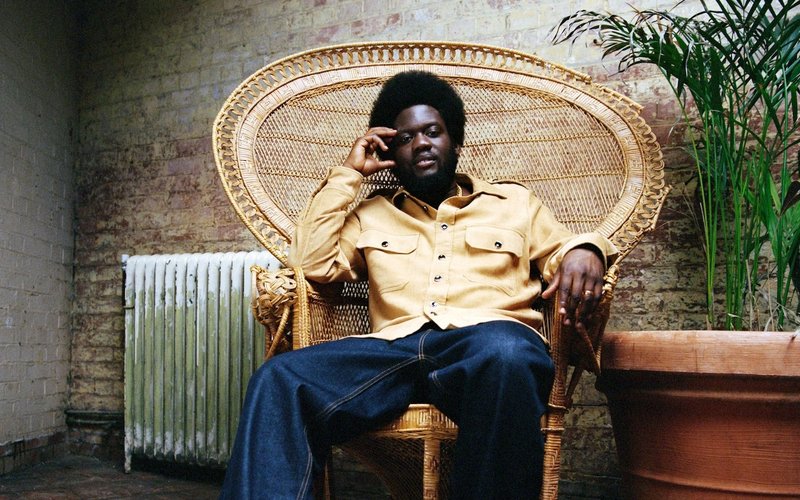
KEXP's Sound & Vision airs every Saturday morning from 7-9 AM PT, featuring interviews, artistry, commentary, insight, and conversation to that tell broader stories through music, and illustrate why music and art matter. You can also hear more stories in the new Sound & Vision Podcast. New episodes are out every Tuesday. Subscribe now.
Michael Kiwanuka titled his third and most recent album Kiwanuka. The album explores his experience as a first generation Briton, the son of Ugandan immigrants who fled the Idi Amin regime.
“Just this idea of me growing up in London in white neighborhoods. And me playing gigs [to] mainly white audiences,” says Kiwanuka “It causes you to think of identity way more because you know that you stick out like a sore thumb.”
Sound & Vision host Emily Fox spoke with Kiwanuka about his latest album and how it navigates through his own questions about identity.
Michael Kiwanuka plays at the Showbox in Seattle on Wednesday, January 29th.
Sound & Vision host Emily Fox spoke with artist and activist about gender parity in the music industry.
Sound & Vision host Emily Fox spoke with the Seattle native about growing up the child of Seattle's earliest hip hop groups and moving to Israel.
Wo’Pop DJ Darek Mazzone talked to 47SOUL about the groups origins and being an Arabic band touring the United States.